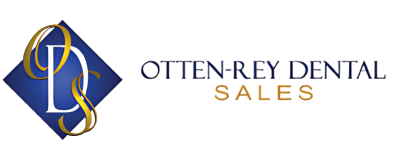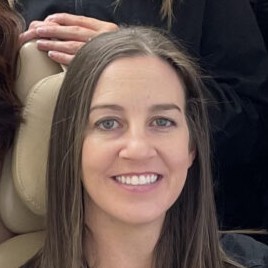Most dentists think of their practices as small, close-knit teams where embezzlement “could never happen.” Unfortunately, it does—and often more frequently than expected.
Ironically, the employee who commits embezzlement is often seen as the “perfect employee”—hardworking, loyal, always in control, and never asking for help. But that very control can provide the opportunity to siphon money without detection.
The Most Common Form: Cash Theft
While there are many ways to steal, the most frequent is simply taking cash.
It often begins small:
- Borrowing from petty cash with the intention of paying it back.
- Realizing no one noticed—and then escalating.
A more serious example:
- A new or emergency patient pays cash.
- The staff member pockets it.
- The visit is never entered in the system—no patient record, no charge, no payment.
This kind of theft can be nearly invisible to accountants or other staff. The dentist is the only one likely to spot it.
Prevention Tip: At day’s end, the dentist (or spouse) should compare the list of patients seen with the daily charges and collections report. If a patient was seen but doesn’t appear on the report, investigate immediately.
Even occasional errors must be checked. Regular oversight is usually enough to prevent theft before it starts.
Another Risk: Hidden Cash Payments
Another common scheme involves patient cash payments:
- A patient with a $500 balance drops off $200 in cash.
- The employee pockets the cash.
- To cover it, they “adjust” the patient’s account by $200, making it appear the balance is $300.
Prevention Tip:
- Limit which employees can make account adjustments.
- Require that each adjustment be tied to the employee making it.
- Have adjustments reviewed regularly by someone who does not handle charges and payments.
Other, Less Common Schemes
While rarer, embezzlement can also involve:
- Diverting insurance checks.
- Creating fake payments to vendors.
- Routing payments to a personal account.
These methods are complex and less frequent but still possible.
The Takeaway
Embezzlement can devastate a practice—and relationships. But in most cases, basic oversight is enough to prevent it.
- Perform independent checks and balances.
- Make sure staff know someone is monitoring daily reports.
- Involve a spouse or trusted partner in reviewing financials.
Expect the best—but protect against the worst.
– Bill Otten & Kim Rey








